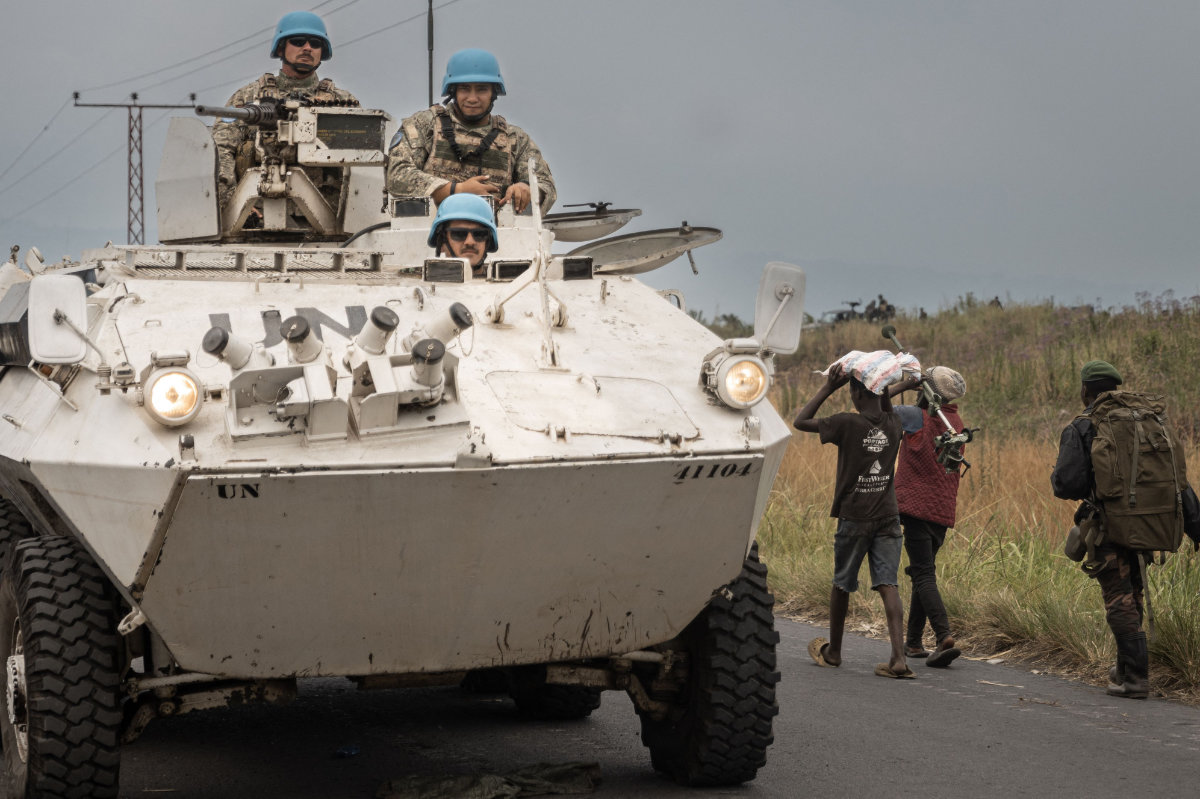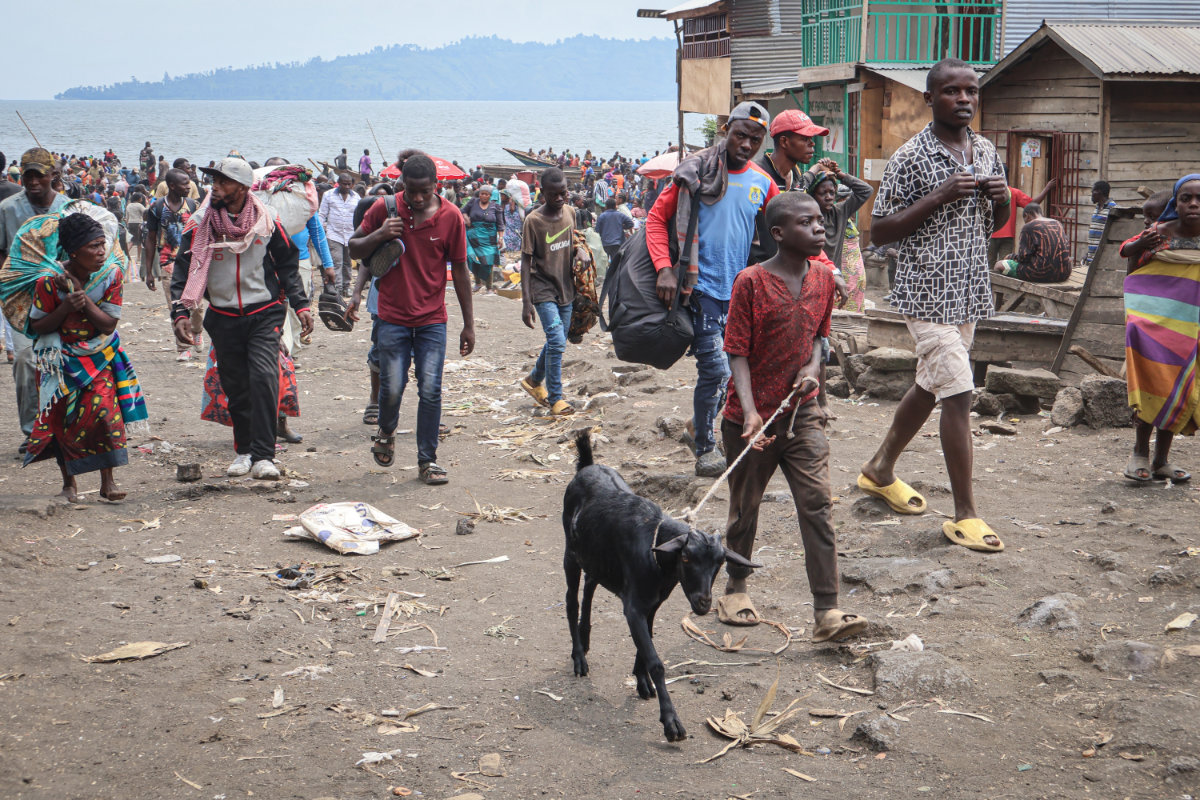BELGRADE: Two men were remanded in custody Sunday in connection with an attack outside the Israeli embassy in Belgrade that Serbian authorities called a “targeted terrorist act,” a minister said.
The assailant, whom the police identified as being a “convert” to Islam, shot a Serbian police officer in the neck with a crossbow while he was on duty in front of the embassy early Saturday.
The attacker was shot and killed by the officer.
The assailant, from Mladenovac, near Belgrade, lived in Novi Pazar, a historical and political center of Serbia’s Bosniak Muslim minority, police said.
Authorities said a number of people known to the security services were suspected of being linked to the attack.
“Searches were conducted at several locations in Serbia, dozens of people were questioned,” Interior Minister Ivica Dacic told the state-run RTS broadcaster on Sunday.
The prosecutors will establish whether they were linked with the “targeted terrorist attack,” he added.
Two men were remanded in custody, the minister said.
Security was stepped up to the highest level throughout the country and the police operation was continuing, Dacic added.
“It is an operation against extremists and terrorists, people directly involved in the attack, but... also against those for whom there are indications they might belong to terrorist groups,” he said.
Police have traced the attacker’s movement in Belgrade, where he arrived early Saturday, saying he headed to the synagogue before the attack, but said he was deterred by a high police presence.
After that he proceeded to the Israeli embassy.
“From that it is clear what the main and possible targets were,” Dacic said.
Israel’s Foreign Minister Israel Katz on Saturday thanked Serbian authorities for “strong support and cooperation following the attempted terror act.”
“Terrorism cannot be tolerated!” he wrote on X, formerly Twitter.
The Israeli ambassador to Serbia, Yahel Vilan, on Sunday visited the wounded officer in a Belgrade hospital.
The 34-year-old policeman underwent an operation to remove an arrow from his neck and was in stable condition, a doctor said.
Serbia has continued arms sales to Israel since Hamas’s October 7 attack on southern Israel, which claimed 1,195 lives, mostly of civilians, according to an AFP tally based on Israeli figures.
Israel’s retaliatory offensive has killed at least 37,877 people, also mostly civilians, according to data from the health ministry in Hamas-run Gaza.
Two detained after attack outside Israeli embassy in Belgrade
https://arab.news/2gxpp
Two detained after attack outside Israeli embassy in Belgrade

- Assailant shot a Serbian police officer in the neck with a crossbow while he was on duty in front of the embassy early Saturday
- The attacker was shot and killed by the officer





























